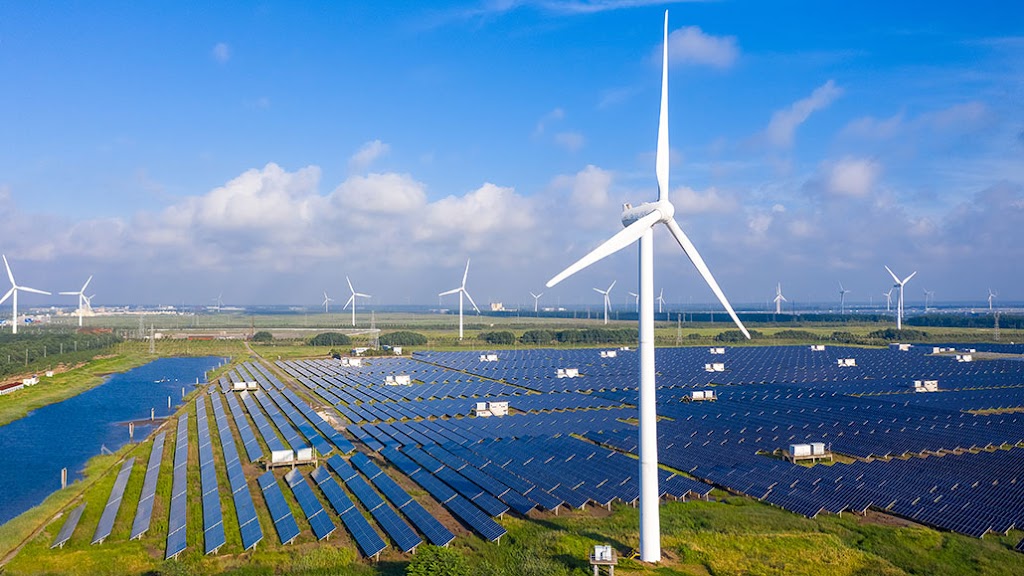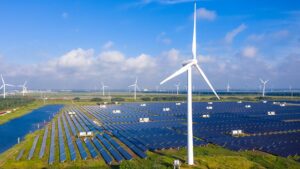The world has long been dependent on petroleum as the primary source of energy, powering our transportation, industries, and daily lives. However, as concerns about climate change and finite fossil fuel reserves grow, it is becoming increasingly urgent to seek sustainable and environmentally friendly alternatives to meet our energy needs. In this article, we will explore the potential future scenarios for a post-petroleum world, focusing on the development and adoption of renewable and clean energy sources.
The Urgency of Transition
The era of petroleum-driven energy has undoubtedly brought significant advancements and prosperity to society. However, the negative consequences, such as air pollution, greenhouse gas emissions, and oil spills, have become evident, pushing us towards a more sustainable path. Additionally, the finite nature of petroleum reserves necessitates a shift towards renewable energy sources, ensuring energy security for future generations.
Renewable Energy Sources
a. Solar Energy: Solar power harnesses the energy from the sun, converting it into electricity through photovoltaic cells. It is abundant, sustainable, and can be harnessed at both small-scale (rooftop solar panels) and large-scale (solar farms) installations.
b. Wind Energy: Wind turbines convert kinetic energy from the wind into electricity. Wind power is a rapidly growing industry, with wind farms becoming a common sight across various regions.
c. Hydropower: Utilizing the force of flowing or falling water, hydropower generates electricity and has been a reliable source for decades. However, large-scale dam projects raise concerns about environmental impact and displacement of communities.
d. Geothermal Energy: This form of energy taps into the Earth’s internal heat to generate power. Geothermal plants are best located in geologically active regions and provide a stable and continuous energy supply.
e. Biomass: Biomass energy involves using organic materials, such as agricultural residues and wood, to produce heat or electricity. Sustainable biomass practices are essential to avoid deforestation and habitat destruction.
Electric Vehicles and Transportation
Transitioning from petroleum-powered vehicles to electric vehicles (EVs) is crucial in reducing greenhouse gas emissions and combating air pollution. As battery technology improves and charging infrastructure expands, EVs are becoming more practical and accessible options for consumers.
Energy Storage and Grid Modernization
The intermittency of renewable energy sources like solar and wind necessitates effective energy storage solutions. Advancements in battery technology and other energy storage methods, such as pumped hydro storage and thermal energy storage, are essential for balancing energy supply and demand.
Additionally, upgrading the power grid to accommodate decentralized energy generation and bidirectional energy flows will be necessary to optimize the integration of renewables into the energy mix.
Hydrogen Economy
Hydrogen has emerged as a promising energy carrier for a post-petroleum world. Green hydrogen, produced through electrolysis using renewable electricity, can be used in various sectors, including transportation, industry, and power generation. However, it requires significant investment and infrastructure development to achieve widespread adoption.
Energy Efficiency and Conservation
Before completely transitioning to new energy sources, improving energy efficiency and conservation practices can significantly reduce energy demand. This involves implementing energy-saving technologies, enhancing building insulation, and encouraging sustainable consumer behavior.
Conclusion
The future after petroleum lies in a diversified energy landscape that embraces renewable sources and sustainable technologies. Transitioning to a cleaner, greener energy system is not only essential for mitigating climate change but also for ensuring energy security and resilience in the face of global challenges. Governments, industries, and individuals must work together to accelerate the development and adoption of sustainable energy alternatives to create a more sustainable and prosperous future for generations to come.

